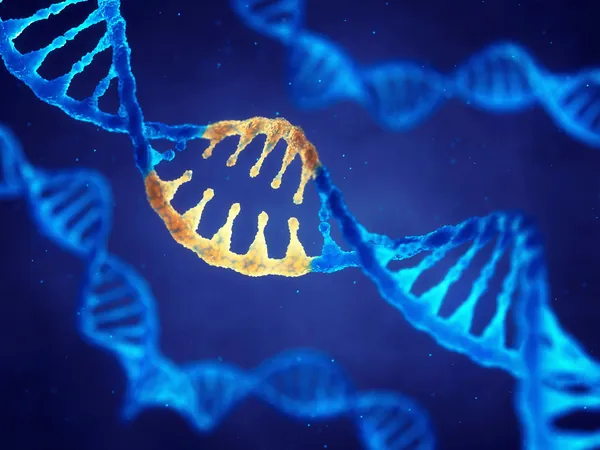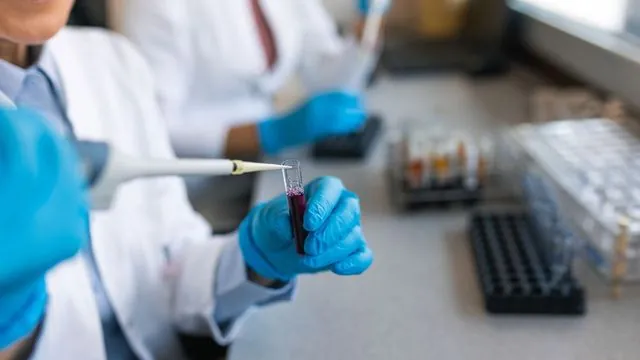
Unlocking Cancer's Secrets: How Your Genes Hold the Key to Personalized Treatment
2025-04-16
Author: Sarah
A Revolutionary Step in Cancer Treatment
Groundbreaking research has unveiled how our genetic makeup can dictate the biology of cancer, paving the way for a more personalized approach to treatment. This transformative study, published in the prestigious journal *Cell*, reveals that germline genetic variants—our inherited genetic differences—play a significant role in not just how cancer forms, but how it evolves and responds to therapies.
What Are Germline Variants?
A diverse team of researchers, including scientists from Washington University in St. Louis and the Icahn School of Medicine at Mount Sinai, focused on analyzing genetic variants in 1,065 cancer patients across 10 different cancer types. They utilized a technique known as 'precision peptidomics' to examine 337,469 germline variants, exploring their impact on protein structures and functions within tumors.
Key Discoveries in the Study
Remarkably, the study identified both rare and common genetic variants in cancer-related genes, such as ERBB2 and MAP2K2, which can influence important processes like phosphorylation. These findings suggest that inherited genetic traits can lead to destabilizing events in proteins like SIRPA and GFAP, directly affecting immune responses in aggressive brain cancers like glioblastoma.
The Future of Tailored Cancer Care
Dr. Zeynep H. Gümüş, a prominent author of the study, emphasizes that our genetic makeup doesn't linger in the shadows; it actively shapes cancer behaviors. This breakthrough provides a deeper understanding of the variability in cancer presentation and treatment responses among patients—a major leap toward tailored medicine that considers the complete individual, not just the tumor.
Implications for Precision Medicine
Co-first author, Myvizhi Esai Selvan, also underscores the importance of inherited DNA in cancer evolution, noting it helps identify significant mutations and predicts tumor aggressiveness and immune responses. As the research team looks forward, they aim to leverage these insights to enhance immunotherapy outcomes and predict lung cancer risks.
A Note of Caution
However, the researchers caution that their findings are based primarily on data from individuals of European ancestry. Further validation across diverse populations is necessary to ensure these insights benefit all patients.
As science progresses, the integration of genetic understanding into cancer treatment promises to revolutionize how we fight this disease, offering hope for a future where therapy is as unique as the individual.

 Brasil (PT)
Brasil (PT)
 Canada (EN)
Canada (EN)
 Chile (ES)
Chile (ES)
 Česko (CS)
Česko (CS)
 대한민국 (KO)
대한민국 (KO)
 España (ES)
España (ES)
 France (FR)
France (FR)
 Hong Kong (EN)
Hong Kong (EN)
 Italia (IT)
Italia (IT)
 日本 (JA)
日本 (JA)
 Magyarország (HU)
Magyarország (HU)
 Norge (NO)
Norge (NO)
 Polska (PL)
Polska (PL)
 Schweiz (DE)
Schweiz (DE)
 Singapore (EN)
Singapore (EN)
 Sverige (SV)
Sverige (SV)
 Suomi (FI)
Suomi (FI)
 Türkiye (TR)
Türkiye (TR)
 الإمارات العربية المتحدة (AR)
الإمارات العربية المتحدة (AR)